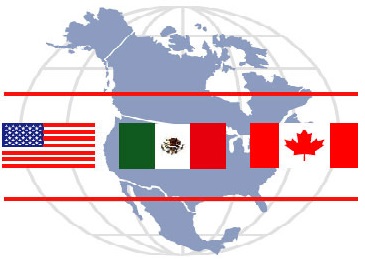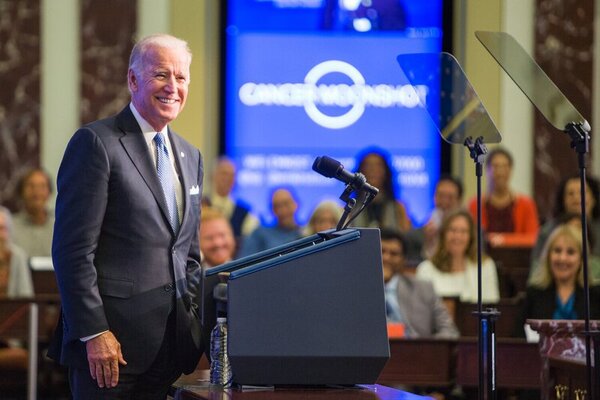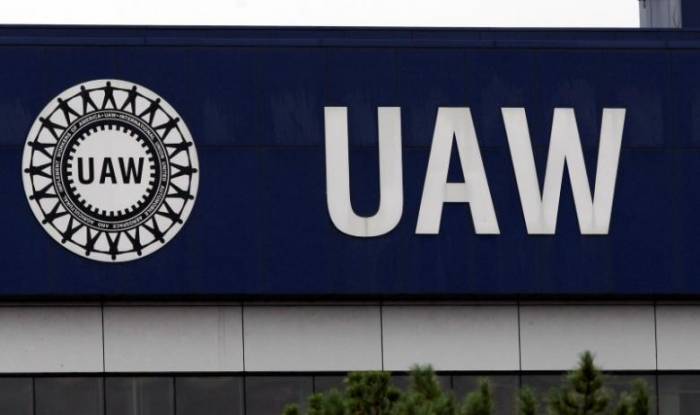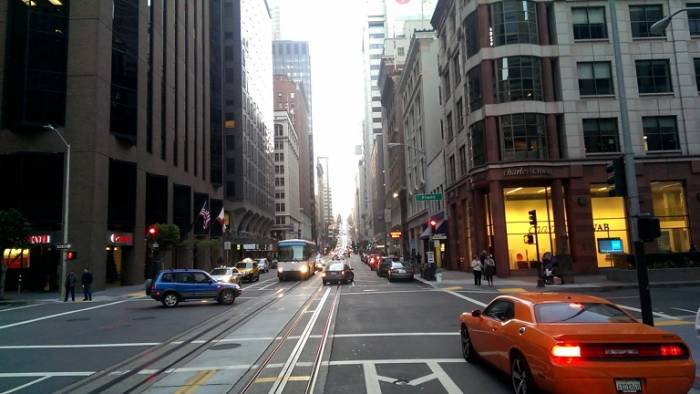Now Reading: Trump’s NAFTA goals for autos to clash with industry as talks begin
-
01
Trump’s NAFTA goals for autos to clash with industry as talks begin
Trump’s NAFTA goals for autos to clash with industry as talks begin

The Trump administration has set a clash with the automobile industry as it introduces renegotiations of the 23-year-old NAFTA trade pact soon, intending to diminish a growing trade deficit with Mexico and tighten up the rules of origin for automobiles and parts.
More than any other market, autos have been the focus of U.S. President Donald Trump’s criticism over the North American Free Trade Arrangement (NAFTA), which he blames for taking vehicle plants and jobs far from America to low-wage Mexico.
The US had a $74 billion trade deficit with Mexico in auto parts in 2016, the dominant element of a total $64 billion U.S. deficit, U.S. Census Bureau data noted.
“The Trump administration has framed their NAFTA negotiating goals around decreasing the trade deficit with Mexico,” stated Caroline Freund, a senior trade individual at the Peterson Institute for International Economics. “If they don’t touch vehicles, there’s no other way of getting at exactly what they desire.”
Among tools that U.S. Trade Representative Robert Lighthizer may look to increase automobile employment in the country is reinforcing the rules of origin to lock out more parts from Asia, and possibly an unmatched U.S.-specific content requirement for Mexican automobiles.
Lighthizer’s negotiating objectives for NAFTA look to “ensure the rules of origin incentivize the sourcing of products and materials from the United States and North America,” which has raised issues among vehicle industry executives and trade groups that he will look for a deal that guarantees a particular portion of production for the United States.
The market is against such a carve-out or to boosting the percentage of a vehicle’s worth that should come from the region more than the present 62.5 percent – already the highest of any international trade bloc.
They state this would raise expenses and interfere with a complicated supply chain that sees parts crisscrossing NAFTA borders and has actually made North American auto production competitive with Asia and Europe.
“Our members feel really strongly that rules of origin are not the tools to use to reshore jobs into the United States,” stated Ann Wilson, senior vice president of government affairs for the Motor and Equipment Manufacturers Association, a trade group representing vehicle parts makers.
Wilson and other industry supporters say a better way to increase U.S. production jobs is through policies focused on expanding vehicle exports.
Stay Informed With the Latest & Most Important News
Previous Post
Next Post
-
 01Polestar Boss Says It’s Time To Outrun BMW M And Mercedes-AMG
01Polestar Boss Says It’s Time To Outrun BMW M And Mercedes-AMG -
 02Spy Shots: 2027 Mitsubishi Pajero Spotted in Testing Ahead of Possible U.S. Return
02Spy Shots: 2027 Mitsubishi Pajero Spotted in Testing Ahead of Possible U.S. Return -
 032026 Toyota Hilux EV: A Powerful Truck with Silent Torque
032026 Toyota Hilux EV: A Powerful Truck with Silent Torque -
![2027 Mercedes-Benz S-Class Debuts with V8 Engine [Photo Gallery]](https://speedlux.com/wp-content/uploads/2026/01/2027-Mercedes-Benz-S-Class-33-155x125.jpg) 042027 Mercedes-Benz S-Class Debuts with V8 Engine [Photo Gallery]
042027 Mercedes-Benz S-Class Debuts with V8 Engine [Photo Gallery] -
 052026 Corvette ZR1 Production Surges Past Expectations as Output Clears 1,000 Units
052026 Corvette ZR1 Production Surges Past Expectations as Output Clears 1,000 Units -
 06Spy Photos: VW ID. Polo GTI Goes Electric with 223 HP and 280 Miles of Range
06Spy Photos: VW ID. Polo GTI Goes Electric with 223 HP and 280 Miles of Range -
 07The Controversial Ford Voodoo V8 That Was Killed Off Too Early
07The Controversial Ford Voodoo V8 That Was Killed Off Too Early



![2027 Mercedes-Benz S-Class Debuts with V8 Engine [Photo Gallery]](https://speedlux.com/wp-content/uploads/2026/01/2027-Mercedes-Benz-S-Class-33-700x394.jpg)











































